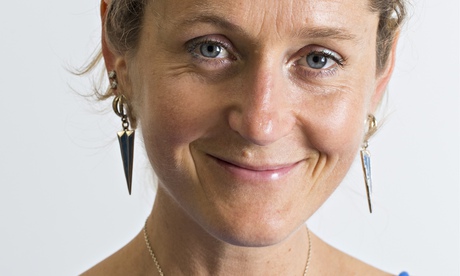Local papers cautious as BBC courts them with free content
Offer from head of news comes in wake of home secretary’s criticism that corporation is ‘destroying’ local journalism

James Harding, the BBC’s director of news and current affairs, has looked to build bridges with beleaguered editors with the offer of free licence fee-funded content and the prospect of the corporation picking up the tab for local court reporting.
His speech at the Society of Editors conference on Tuesday followed the home secretary Theresa May’s accusation that the BBC was “destroying” local papers with the might of its online news operation
Largely through pilots and proposals at this stage, the BBC will look to ease the financial burden on local newspapers by sharing more of its content, as it did with video footage of this year’s Commonwealth Games in Glasgow.
An early sign of this new partnership came with the BBC’s Price of Football survey last month, about the soaring cost of football tickets was shared in advance with other news organisations and used by more than 100 newspapers and websites.
Just over 100 local and regional titles have closed since the economic downturn in 2008, out of a total free and paid-for market of around 1,300.
Sales have been in long-term decline and were down by an average of 13.5% year on year in the first half of 2014..
In my opinion I feel that even if the BBC did provide local newspapers with content and provide some financial aid it would be inaffective in the long term as it would not change the fact that people are not reading traditional media and the funding from the BBC is certainly not going to be enough to keep newspapers running if it is relying on them. Even if the money went towards better content and journalism, I feel that people have moved on and it is impossible to revive traditional newspapers. Even with the funds their content could not compete with the BBC's.



